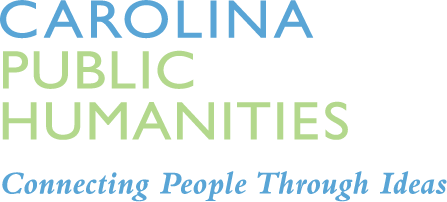The Immortal Life of Henrietta Lacks: Science, Society, & Self
May 5, 2012
In her 2010 book The Immortal Life of Henrietta Lacks, Rebecca Skloot introduces readers to the life and death of 31-year-old African American Henrietta Lacks, whose cancer cells have continued to live on as HeLa, the first immortal cell line used widely in scientific research. Skloot writes about the intersections of poverty, race, and science tied up in the creation of the more than 50 million metric tons of HeLa cells, all grown from the original sample taken from this vivacious young woman who had moved to Baltimore from the tobacco fields of Clover, Virginia. Skloot recounts the antebellum folk tales told to slaves about white doctors who roamed the woods looking for runaways on whom to experiment. More than a century later, the Lacks children received similarly fantastic-seeming stories about their deceased mother: that her cells were alive and of great importance to modern science, being sent to the moon, injected into animals, and blown up by bombs.
 In this medical humanities seminar, our two speakers will explore the relationship between the humanities, science, society, and self. Rob Mitchell considers the narrative forms that structure our understanding of the relationship between individual and collective health. Jane Thrailkill examines how, in the context of 20th century medical experimentation, science fiction and scientific fact become unnerving bedfellows. The backdrop of the Nuremburg Trials and the infamous Tuskegee syphilis experiments provide a context for exploring ethical questions about rights, race, and the nature of personhood in postmodern times.
In this medical humanities seminar, our two speakers will explore the relationship between the humanities, science, society, and self. Rob Mitchell considers the narrative forms that structure our understanding of the relationship between individual and collective health. Jane Thrailkill examines how, in the context of 20th century medical experimentation, science fiction and scientific fact become unnerving bedfellows. The backdrop of the Nuremburg Trials and the infamous Tuskegee syphilis experiments provide a context for exploring ethical questions about rights, race, and the nature of personhood in postmodern times.
Topics and Speakers
Henrietta Lacks and the (Literary) Shape of Health and Sickness
Rob Mitchell, Associate Professor of English and Director, Center for Interdisciplinary Studies in Science and Cultural Theory, Duke University
Folklore, Fantasy, Fact: The Uncanny Narratives of Henrietta Lacks
Jane F. Thrailkill, Associate Professor and Director of Graduate Admissions, English and Comparative Literature
Science, Society, & Self
A panel discussion with our speakers
Time and Cost
3:00 p.m. – 6:30 p.m., Saturday, May 5, 2012. The tuition is $85. This special event will be followed by a reception with wine and hors d’oeuvres from 6:30 p.m. – 7:00 p.m. Teachers can receive a certificate to redeem for 5 contact hours for 0.5 unit of renewal credit. Discounts do not apply to this special event.
For information about lodging click here.
Co-Sponsored by the General Alumni Association.
For information about GAA discounts and other scholarships available to Humanities Program participants, click here.
